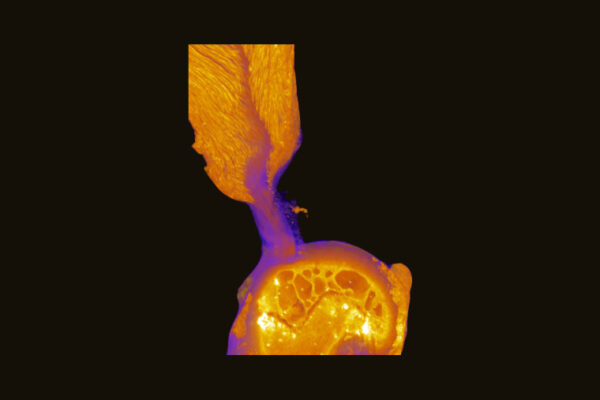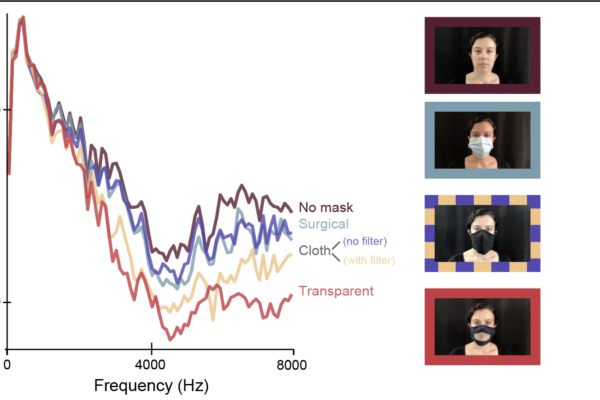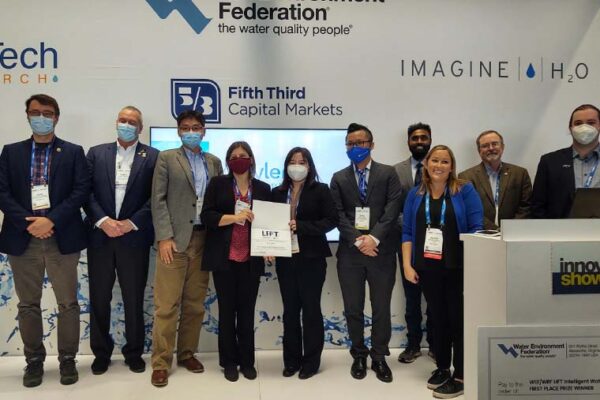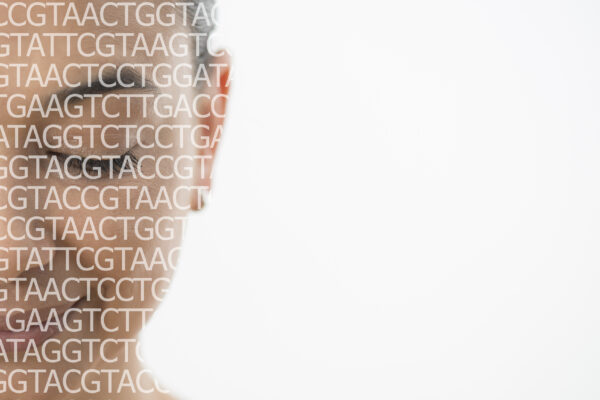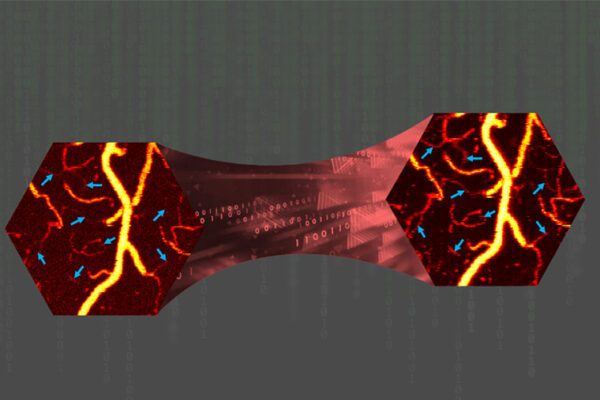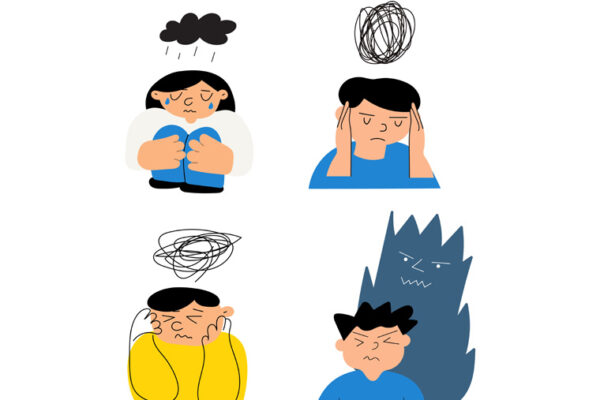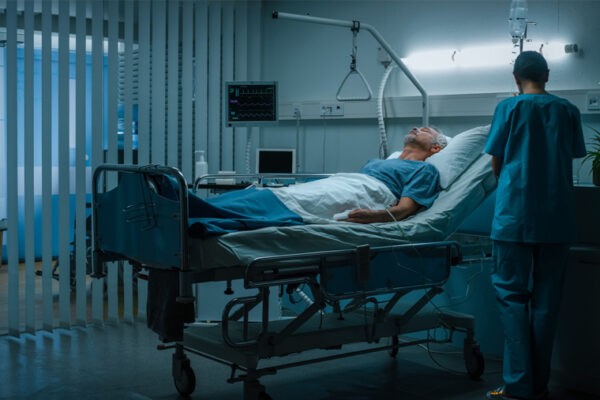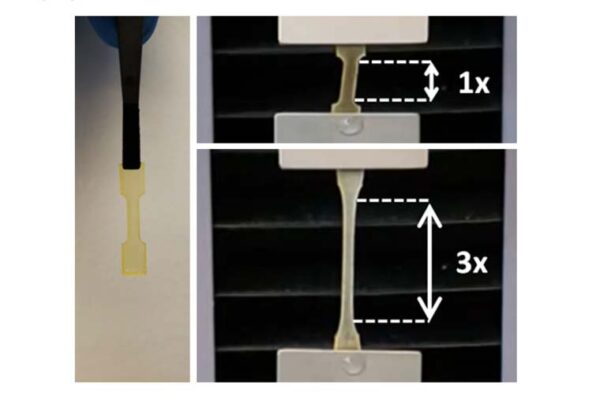Covey, Milbrandt, Moran named to National Academy of Inventors
Washington University in St. Louis faculty from the School of Medicine and the McKelvey School of Engineering have been elected fellows of the National Academy of Inventors, the highest professional distinction reserved solely for academic inventors.
Research sheds light on rotator cuff injuries
A team of researchers co-led by Guy Genin at the McKelvey School of Engineering has made a discovery about how tendon and bone attach in the shoulder joint, shedding light on rotator cuff injuries and how to treat them.
Which mask is easier on the ears?
COVID-19 brought masks and with them, a host of questions about how they affect our day-to-day communications, including how well people wearing masks are understood.
Engineering team honored in water systems challenge
A team led by Zhen (Jason) He at the McKelvey School of Engineering earned second place at the 2021 Intelligent Water Systems Challenge for its solution to a wastewater treatment problem.
Reidentifying faces from genomic data more difficult than previously thought
Despite others’ previous claims, the lab of Yevgeniy Vorobeychik and collaborators have determined it’s not so easy for a neural network to recreate a person’s face from DNA.
Less energy, better quality PAM images with machine learning
A team of researchers led by Song Hu at the McKelvey School of Engineering has developed a two-step denoising technique for photoacoustic microscopy, a method that allows researchers to see tiny vessels in the body.
It’s complicated: Social media and well-being during COVID-19
Research from the lab of Renee J. Thompson in Arts & Sciences shows social media use associated with mixed outcomes when it comes to well-being during the pandemic.
Persistent, distressing psychotic-like experiences associated with impairment in youth
Research from the lab of Deanna Barch shows that youth who indicate they have persistent, distressing psychotic-like episodes show impairment in a variety of areas.
Early warning system model predicts cancer patients’ deterioration
A multidisciplinary team of researchers at Washington University is developing a machine-learning-based early warning system to predict cancer patients’ deterioration and improve patient outcomes.
Synthetic biology yields easy-to-use underwater adhesives
The lab of Fuzhong Zhang at the McKelvey School of Engineering has used synthetic biology to bring together the best of spider silk and mussel foot protein in a biocompatible adhesive.
View More Stories

